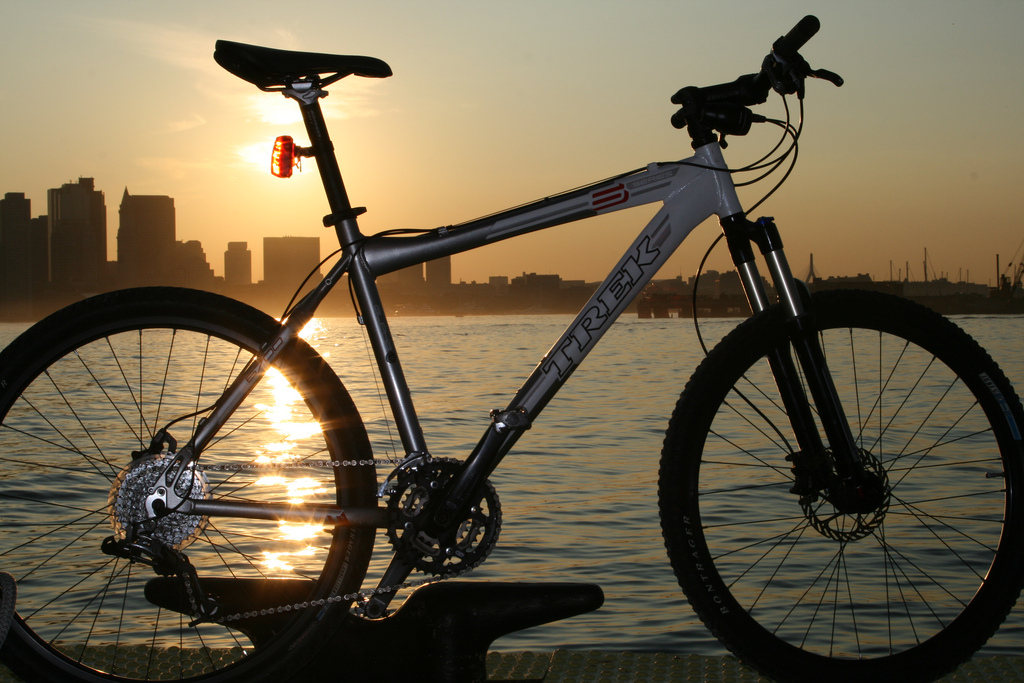
The Danish city of Copenhagen is widely recognized as one of the top biking destinations in the world. So enthralled by cycling as the primary mode of transportation are the Danes that back in 2011 the city adopted a biking strategy with a goal of putting 50 percent of those commuting to work or educational purposes on bikes by 2015. This is hardly lost on the LivableStreets Alliance which is hosting a public forum on Monday night with the CEO of Copenhagenize Design Company to talk about best biking practices in Greater Boston.
The open discussion is part of the MIT Architecture Department’s Fall Lecture Series on Sustainable Urban Mobility. Copenhagenize’s Mikael Colville-Andersen will share his thoughts on what we can do to emulate pedal-power places like Copenhagen in terms of infrastructure, safety and policy between 5 p.m. and 6 p.m. at MIT Building 10, Room 250.
Colville-Andersen started Copenhagenize back in 2009 as a consulting firm for cities to bolster their biking game. Though the company’s namesake is derived from the capital city of Denmark, his focus is not solely on reproducing Copenhagen’s bike-friendly nature internationally. Rather, he uses it and other municipalities as examples for how others can improve and innovate in this space.
According to LivableStreets, an advocacy group dedicated to improving all aspects of urban transportation, Colville-Andersen’s “philosophy is about how to simplify urban planning and urban cycling and how cities should be designed instead of engineered.”
Building of the cycling philosophy of Copenhagen is not a particularly novel idea but soliciting advice from around the world on urban design seems to be gaining traction in the Greater Boston Area.
Superpedestrian, spun out of the MIT SENSEable City Lab, secured $4 million in funding back in September to help grow its team of engineers, developers and designers, who have already built the Copenhagen Wheel – a bike wheel outfitted with a motor, batteries and sensors to increase a cyclist’s pedaling power up to 10 times.
The project was sponsored by the Mayor of Copenhagen.
In Somerville, Mayor Joseph Curtatone recently sat down with Dutch designer Remco van de Craats to toss around ideas about city branding. And while this doesn’t explicitly pertain to biking, it’s another exemplification of how the region is looking abroad as well as domestically to improve as many facets of urban living as possible.
Somerville was recently designated the top cycling city in the Northeast for commuters.
Similarly in Cambridge, efforts to improve alternative modes of transportations abound. The city is looking at cycling and pedestrian defenses on municipal trucks, trying to offer bike-share subsidies for low-income residents and is in the midst of building the ambitious Grand Junction Bike Path.
But while Greater Boston continues to address and improve on a number of biking issues, there’s still plenty to be done and Colville-Andersen might be just the person to inject a new wave of ideas into the minds of urban designers and biking aficionados.
To see him in action and to get a feel for his style, check out his 2012 TEDx talk below.

